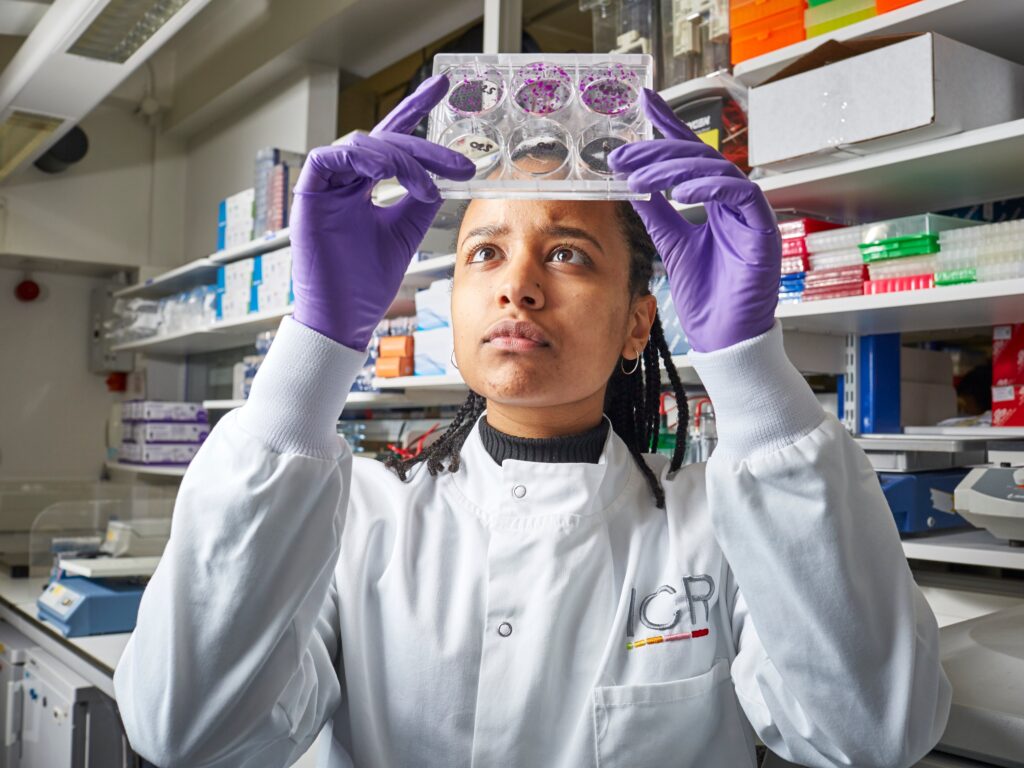
House Bill 7087, also known as the Cancer Funding, stands as a pivotal milestone in the ongoing battle against cancer in the state of Florida. Spearheaded by the Health & Human Services Committee and championed by Representative David Borrero, R-Miami, this legislation is poised to revolutionize cancer care and research, marking a significant stride towards enhancing the quality of life for cancer patients and their families.
However, with less than 36 hours remaining in the 2024 legislative session, it would seem that HB 7087 will join the hundreds of bills that failed to advance to a floor vote. As of Thursday afternoon no committees had heard the bill, even though it enjoys a companion bill in the Senate.
At its core, this bill seeks to reinvigorate the Casey DeSantis’ Cancer Research Program, a cornerstone initiative dedicated to combating cancer. By broadening the program’s scope to encompass the promotion of high-quality, innovative healthcare for cancer patients, and making cancer innovation grant funding readily accessible, HB 7087 underscores a commitment to advancing cancer care in Florida.
One of the most notable aspects of this legislation is the establishment of the Cancer Connect Collaborative within the Department of Health. This collaborative body will serve as a beacon of expertise, advising on cancer funding, research, and treatment efforts. Tasked with crafting a comprehensive plan for the program, the collaborative will harness stakeholders input to expand grant opportunities, evaluate patient outcomes, and compile best practices.
Former cancer survivor and advocate, Ira Ragans, said, “As someone who has traversed the arduous journey of cancer treatment, I understand the critical importance of accessible, innovative care. House Bill 7087 represents a beacon of hope for patients like myself, offering the promise of cutting-edge treatments and improved outcomes.”
Equally crucial is the mandate for the collaborative to prioritize projects targeting underserved areas. This commitment to equitable access ensures that advancements in cancer care reach all corners of the state, regardless of socioeconomic status or geographic location.
According to the Irish Cancer Society, “Cancer research is crucial to improve the prevention, detection and treatment of these cancers, and ensure that survivors live longer, better quality lives…”
Furthermore, HB 7087 mandates reporting requirements, ensuring transparency and accountability in the allocation of funds. Annual department reports on cancer metrics will provide invaluable insights into the efficacy of treatment modalities and the impact of research initiatives, driving continuous improvement in cancer care delivery.
Overall, HB 7087 was intended to stand as a testament to Florida’s unwavering commitment to combating cancer. By fostering collaboration, promoting innovation, and prioritizing equitable access to care, this legislation heralds a new era in the fight against this formidable disease.